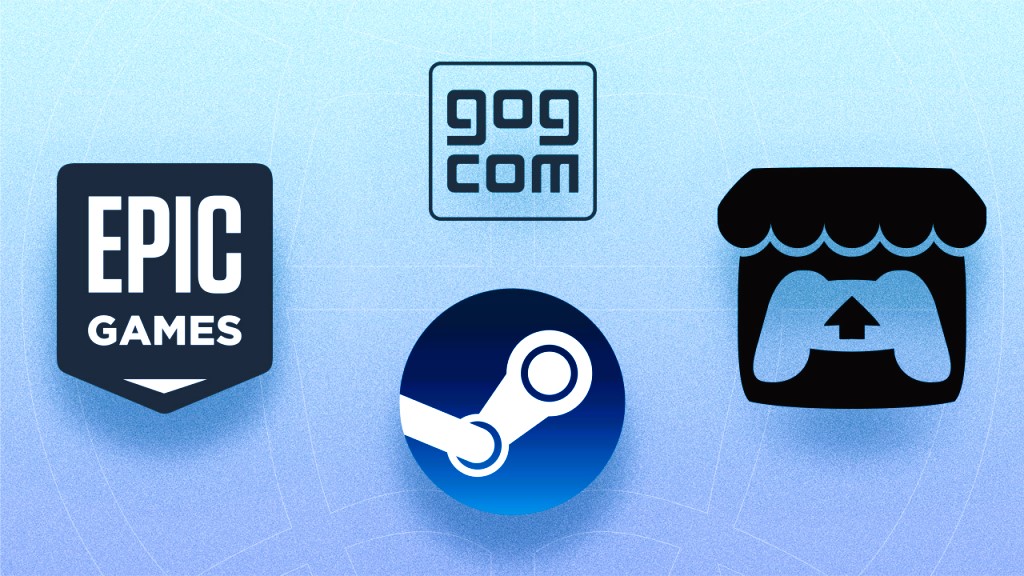In the rapidly evolving world of indie game development, getting your game into the hands of players is as crucial as the development process itself. With a plethora of distribution platforms available, it can be challenging to determine which one best suits your needs. This article will explore the best platforms for indie game distribution, analyzing their features, advantages, and unique offerings to help you make an informed decision.
Understanding Indie Game Distribution
The Importance of Distribution
Distribution is a critical component of the game development lifecycle. Even the most innovative and well-crafted games can falter without effective distribution. Indie developers must consider how their games will reach potential players, as this can significantly impact sales, visibility, and overall success. Understanding the distribution landscape is essential for maximizing your game’s reach and impact.
Types of Distribution Platforms
There are various types of distribution platforms available for indie games, including digital storefronts, game publishing platforms, and console-specific stores. Each platform offers unique benefits and caters to different audiences, making it important to choose the right one for your game.
Top Digital Distribution Platforms for Indie Games

Steam
Overview
Steam, operated by Valve Corporation, is the largest digital distribution platform for PC gaming. Launched in 2003, it has become synonymous with PC gaming and boasts millions of active users.
Benefits
- Massive User Base: Steam offers access to a vast audience of gamers, increasing the visibility of your indie title.
- Community Features: The platform includes features like user reviews, community forums, and mod support, fostering player engagement and feedback.
- Sales and Promotions: Steam regularly hosts sales events, providing opportunities for developers to boost sales and visibility.
Considerations
While Steam offers numerous advantages, it also has a high level of competition. Standing out among thousands of titles can be challenging, and developers should be prepared for this reality. Like this article? Read also about the 5 best soundtracks for indie games.
Itch.io
Overview
Itch.io is an indie-focused platform that allows developers to publish and sell their games directly to players. Launched in 2013, it has become a popular destination for indie games of all genres.
Benefits
- Flexible Revenue Model: Itch.io allows developers to set their own pricing and revenue share, making it more accessible for indie creators.
- Support for Diverse Genres: The platform embraces a wide range of game genres and experimental projects, providing a home for unique and unconventional titles.
- Community Engagement: Itch.io fosters a supportive community, encouraging developers to connect with players and receive feedback.
Considerations
While Itch.io offers a more personalized approach, its user base is smaller than that of Steam. Developers should consider how to effectively market their games within this ecosystem.
GOG (Good Old Games)
Overview
GOG is a digital distribution platform that specializes in DRM-free games. It offers a curated selection of indie titles alongside classic games, appealing to a nostalgic audience.
Benefits
- DRM-Free Model: GOG’s commitment to DRM-free games allows players to enjoy their purchases without restrictions, enhancing customer satisfaction.
- Curated Selection: GOG carefully curates its library, ensuring that only quality titles are available, which can lend credibility to indie games.
- Support for Developers: GOG offers a fair revenue share and provides developers with tools to promote their games effectively.
Considerations
While GOG has a dedicated fanbase, its market share is smaller compared to platforms like Steam. Developers may need to supplement their marketing efforts to reach a broader audience.
Epic Games Store
Overview
The Epic Games Store, launched in December 2018, quickly gained traction as a competitor to Steam. With its aggressive marketing strategies and exclusive deals, it has become a notable player in the indie game distribution space.
Benefits
- Higher Revenue Share: Epic offers an 88% revenue share to developers, making it an attractive option for indie creators.
- Exclusive Partnerships: The platform frequently partners with developers for exclusive releases, providing increased visibility and marketing support.
- User-Friendly Interface: The Epic Games Store is known for its straightforward and user-friendly interface, enhancing the overall experience for both developers and players.
Considerations
The Epic Games Store is still building its library, meaning there may be fewer players compared to more established platforms. Developers should weigh the benefits of the higher revenue share against potential visibility challenges.
Console-Specific Distribution Platforms

Nintendo eShop
Overview
The Nintendo eShop is the digital storefront for Nintendo consoles, including the Switch, Wii U, and 3DS. It has become a significant platform for indie game distribution.
Benefits
- Growing Indie Scene: Nintendo has actively embraced indie developers, providing them with opportunities for exposure on their consoles.
- Engaged Audience: Nintendo’s audience is known for its loyalty and engagement, creating a receptive environment for indie titles.
- Promotional Opportunities: The eShop regularly features indie games, offering promotional spots that can significantly boost visibility.
Considerations
Developers must adhere to Nintendo’s strict quality standards and guidelines, which can be a hurdle for some. However, the potential rewards of accessing Nintendo’s audience can outweigh these challenges.
PlayStation Store
Overview
The PlayStation Store is the digital marketplace for Sony’s PlayStation consoles. It offers a diverse range of games, including a robust selection of indie titles.
Benefits
- Extensive Reach: The PlayStation brand boasts a large and dedicated user base, providing ample opportunities for indie games to gain traction.
- Promotional Features: The PlayStation Store often highlights indie games in its promotions, enhancing visibility.
- Supportive Community: PlayStation has developed initiatives to support indie developers, including events and partnerships.
Considerations
Like the Nintendo eShop, the PlayStation Store has specific submission guidelines and requirements that developers must meet. The approval process can be competitive, but success can lead to significant rewards.
Xbox Game Pass
Overview
Xbox Game Pass is a subscription service that allows players to access a library of games for a monthly fee. This platform has become a popular avenue for indie developers to gain exposure.
Benefits
- Immediate Access to Players: Games on Xbox Game Pass are available to subscribers immediately upon release, increasing the likelihood of player engagement.
- Cross-Promotion Opportunities: Developers can benefit from the exposure provided by Xbox’s marketing campaigns and promotional events.
- Diverse Audience: Xbox Game Pass attracts a wide range of players, making it an excellent opportunity for indie developers to reach new audiences.
Considerations
Developers must negotiate a revenue share with Microsoft, which can vary based on the specifics of the agreement. Additionally, the subscription model may affect long-term sales.
Selecting the right platform for indie game distribution is crucial for maximizing exposure and sales. Each platform offers unique benefits and challenges, catering to different audiences and game genres. Steam, Itch.io, GOG, Epic Games Store, Nintendo eShop, PlayStation Store, and Xbox Game Pass are all viable options, each with its own strengths. As the indie game landscape continues to grow, understanding these platforms and strategically choosing the right one for your game can make all the difference in your indie game’s success.
For more detailed information on indie game distribution and platforms, visit Wikipedia for a comprehensive overview. Embrace the opportunities presented by these platforms, and take the next step in your indie game distribution journey.
